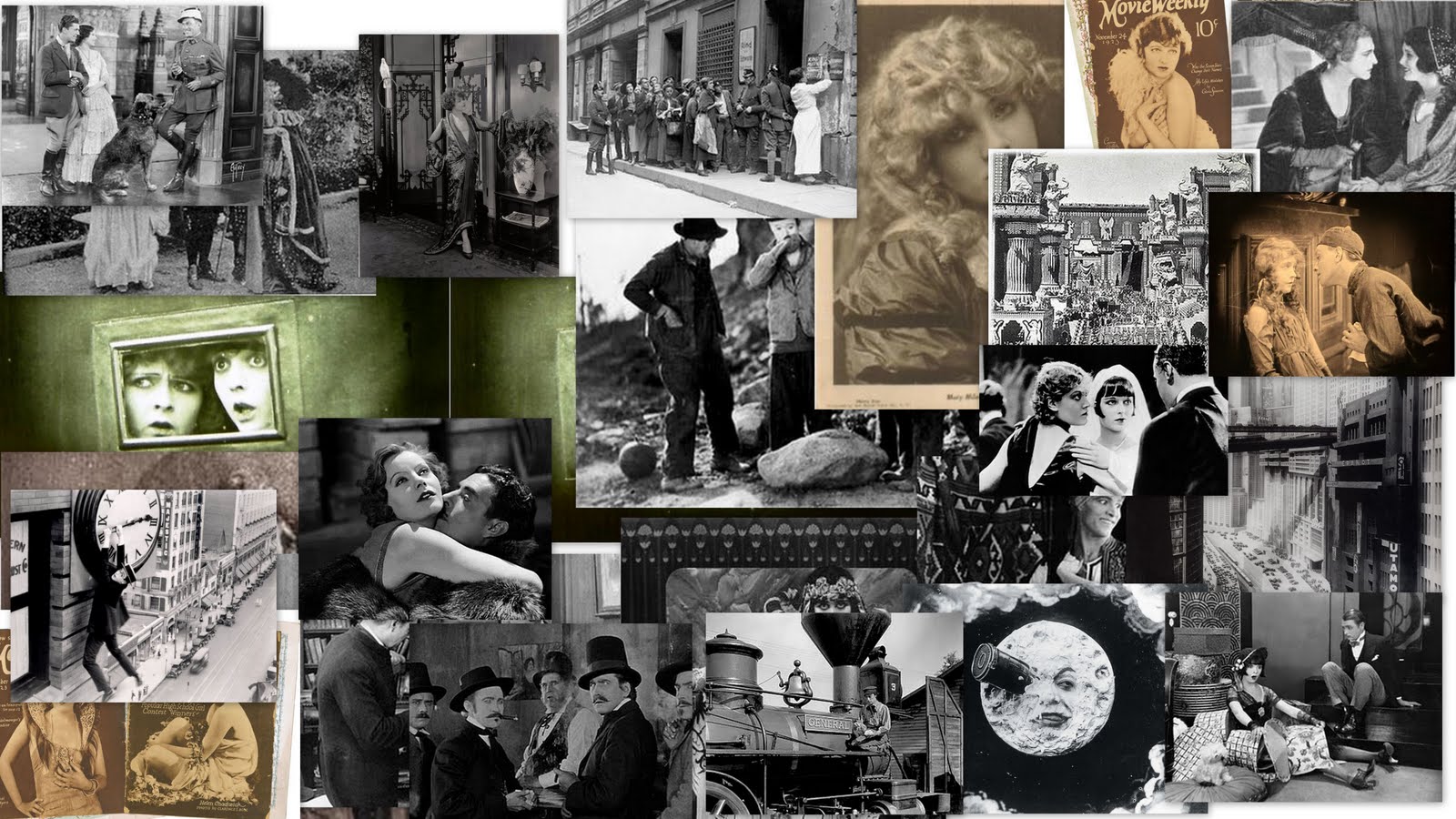Until Our Gang series of comedy short films started being made by Hal Roach studios, in the 1920s, it was not a commonplace in Hollywood children being portrayed simply playing and with their own universe being shown in films, where children played themselves in main roles, rather than being portrayed by adult actors, without plots being grounded on fantasy.
Without doubt, the most famous 1910s adult actress who played such fantasy roles was Mary Pickford. Pickford’s superstardom and the undeniable commercial success of her films, did trigger the appearance of other petit actresses playing children roles on screen, like Marguerite Clark, who would star Snow White (USA, 1916), among others. But, although those films did portray the children’s universe on screen, the actors were still adults and situations were not often real life ones.
In the 1910s, children did take part in films, more often in supporting roles when the plot was not really related to them. They could even be shown in films revolving around their matters, but studio moguls have not yet found out the potential of showing children’s actors in naturalistic acting, simply being themselves. But this situation would slowly change with time.
In this film we can see some cute children, boys and girls together, walking outdoors in a beautiful and tranquil nature landscape. A pair of children is younger than the other one. All of them are portrayed unaccompanied by adults and even mischievous. After a while, the youngest girl started walking all by herself and ended up falling down a cliff in a deserted place.
The older children realized something wrong had happened and cried for help. Meanwhile, the young boy tried to save the younger girl. The mother of the little girl was located and she gathered more adults to help saving her daugther.
While the adults tried so hard to save the little girl, she was actually being saved by the little boy, who got to find his sweetheart before anyone else. As time passed and the adults could not find the girl on the cliff they got very nervous, but after a while the girl was found safe and sound in the company of the boy. Everyone was very happy and after the girl had told what happened and how she was rescued, both children embrace.
Something that may have helped giving a naturalistic touch to this film is that some of those children were too young to read, which made them not adhere to a script and it consequently gave more freedom to improvisation. The landscape, not much altered by the human hand and without cars and big cities around also give a good atmosphere. We can also observe that first love was shown subtly and innocently, which was also something uncommon in children’s films of the era. At this time, the border between films to adults and children was not still very clear, so this film was surely watched by both adults and children cinema audience members alike. All those elements reinforce the innocence of the playing.
